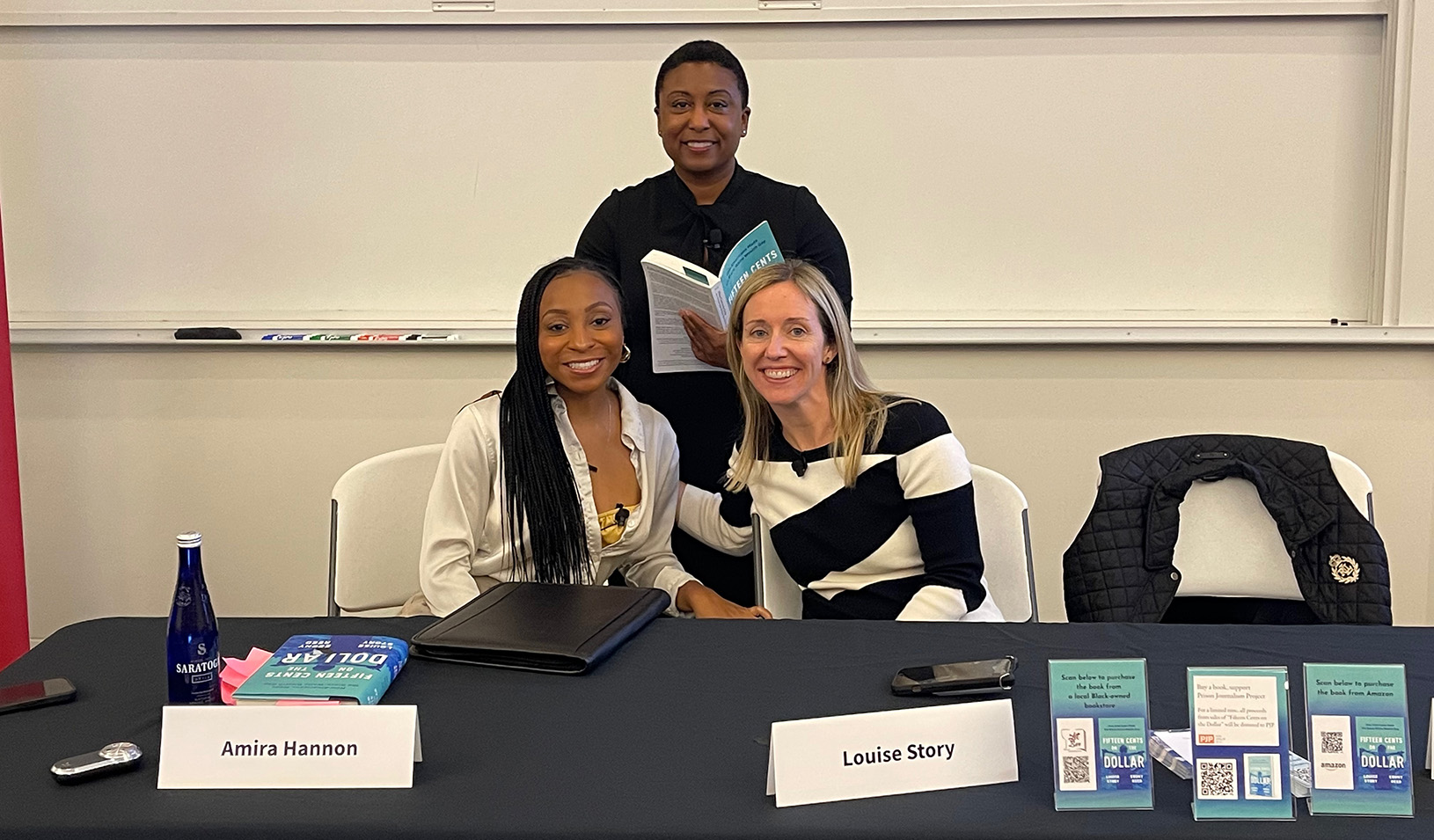
Concealing the influence of privilege can cause harm in business organizations. | iStock/nikamata
When we think about economic and social inequality in the United States, there’s a tendency to consider it from the angle of how it affects people at the bottom, whose lives are harder because of their skin color or ethnic identity, or because they come from a neglected rural area or a poor urban neighborhood.
But, as Brian S. Lowery points out, if we’re going to understand why inequality persists and remains so difficult to overcome, it’s also important to understand what it’s like to be part of the privileged group, the ones who benefit from what holds others back.
“There’s this anxiety about being in the top class,” explains Lowery, a professor of organizational behavior at Stanford Graduate School of Business, whose research focuses in part upon how people perceive inequality and fairness. “Why do you deserve what you have? If you point out that they benefit because they’re part of this group, that makes them uncomfortable.”
As Lowery sees it, people who benefit from their skin color, family wealth, or connections face a dilemma because their privilege clashes with the hallowed American notion that success is — or should be — achieved exclusively through a combination of talent and hard work.
“If we lived in a society with an aristocracy, we’d justify it on bloodlines,” Lowery says. “You wouldn’t have to say, ‘I earned it.’ ” Instead, Americans who’ve benefited from their complexion or networks are under psychological pressure to prove their personal merit. If someone accepts that achievement and virtue are intertwined, Lowery notes, “It feels bad to believe that is not how you achieved your outcomes.”
How do those at the top deal with that potentially guilt-inducing dissonance? One way is by making exaggerated claims about hardships that they overcame on the way to achieving their success. If they’re not given the opportunity to portray themselves as having overcome adversity, they’ll switch to claiming that they’ve worked really hard to get ahead. As Americans pay more attention to longstanding disparities, those at the top may cling even more to the idea that they pulled themselves up by their bootstraps.
That idea is explored in detail in a paper that Lowery recently coauthored with L. Taylor Phillips, who earned her PhD at Stanford GSB in 2016 and is now an assistant professor of management and organizations at New York University’s Stern School of Business. Their paper describes a series of experiments involving nearly 2,400 subjects. In five of the experiments, the participants attended elite higher educational institutions. Two other studies included subjects with incomes between $75,000 and $100,000 and incomes over $100,000.
Though the precise structure of the experiments varied, generally the subjects were shown evidence of economic inequality in the United States, such as charts displaying the extremes of income distribution, as well as statements about how people with higher incomes have better housing, health care, employment, and other advantages that go beyond their skills or work ethic. “We showed them the data,” explains Phillips, the paper’s lead author. “Here are the facts. If you’re a member of this group, you have all these benefits, even above your qualifications.”
Reacting to Uncomfortable Truths
In one experiment, for example, some subjects from an elite university were shown statements about the connection between inequality and class privilege, while others read a broad statement about inequality in American society, and a third group wasn’t shown any statements at all. The subjects were then questioned about the extent to which they believed in their own personal privilege, responding on a sliding scale to statements such as “My life has had many obstacles” and “There have been many struggles I have suffered.”
Subjects who had read statements about class privilege were more likely to claim that they had experienced hardships than those who saw statements about inequality in general or weren’t shown any information. That indicated that “when we showed them evidence of privilege, they exaggerated,” Phillips says.
Additional experiments suggested these responses were driven in part by a perceived threat to the subjects’ self-regard, as well as a desire to confer personal merit upon themselves. Beyond that, the findings also indicate that people claim to have experienced hardships precisely because they think that it makes them appear meritorious.
“They keep saying, ‘My life was so difficult,’ ” Phillips says.
Explains Lowery: “If someone points out to you that you benefit because you’re part of this group, it makes you uncomfortable.” To cope, he says, “you try to convince yourself that you aren’t benefiting.”
In one experiment that was constructed so that subjects could claim fewer hardships, they shifted to claiming to have worked hard, and even were willing to prove it by spending more time on solving a word puzzle. But they didn’t behave that way when they first had the opportunity to portray themselves as having overcome adversity.
The idea that success stems exclusively from virtue, not the benefits of class advantage, isn’t a new one. The wealthy of the nineteenth century Gilded Age, Phillips notes, “walked around saying, ‘I earned this — I pulled myself up by my bootstraps.’ ”
Yet the urge to conceal the influence of one’s own privilege still has potential to cause harm in today’s business organizations. “If you have someone who comes from a privileged economic background, they’re not generally starting in the mail room,” Lowery explains. “But because people don’t understand how they got to where they are, they’re not likely to address the inequities that exist.”
Moving Past Denial
As a result, there’s a risk that organizations will overestimate the ability of people at the top, possibly resulting in “more mediocrity than is ideal,” Lowery says.
Conversely, an organization might underutilize the talents of its employees who grew up with less privilege. “Injustice leads to bad decisions,” Phillips says. “There are human capital implications. It’s creating an organization that’s less than it can be, so that it’s not serving employees and customers.”
The study also found indications that there may be ways to break privileged individuals’ pattern of exaggerating their hardships and work ethic to avoid acknowledging that they benefited from advantages that others didn’t get. One of the experiments found that when subjects were allowed to bolster their own sense of personal merit — for example, by writing about something they had achieved — and then were shown evidence of class privilege, they were less likely to claim they had overcome hardships.
That sort of self-affirmation helped privileged people to see that “you can be a good person and still benefit from privilege,” Phillips explains. Being able to hold onto both truths at once, she says, could enable privileged people to work to empower others who have struggled against disadvantages.
“If we can agree on the facts that the system is providing unfair privilege, that provides us with a path to address that inequity,” she says. “We see that willingness to acknowledge the privilege as a necessary first step toward accomplishing change.”
The research also suggests that organizations have to address the problem of fairness and diversity from multiple angles. “We’ve only been focusing upon disadvantages,” Phillips explains. “But shouldn’t we also think about how advantage can creep in? We have to try not to neglect advantage as a source of inequity.”
Lowery also is concerned about the broader effect of privileged individuals’ denial of their own status. “You can see the growing economic inequities,” he says. “That’s dangerous. At some point it becomes unsustainable.”
For media inquiries, visit the Newsroom.






